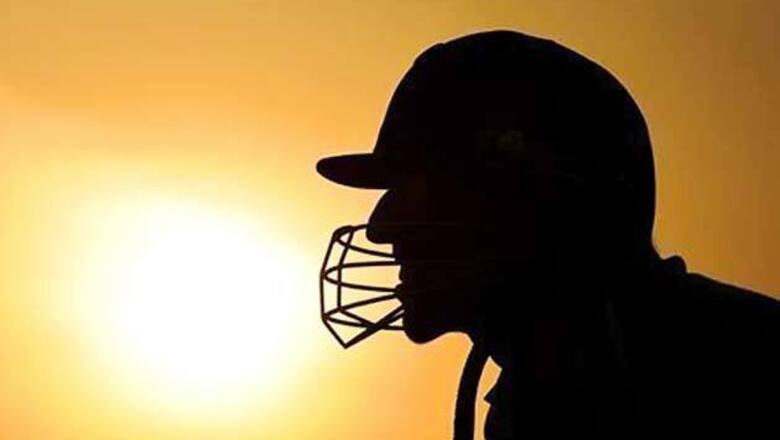
views
New Delhi: At the 2008 Beijing Olympics, India – a nation of over one billion – was represented by just 56 athletes. They finished with a total of three medals; one gold, two bronze. At the same event, considered the benchmark of sporting/athletic excellence, Australia – a nation of some 21 million – had a whopping 482 athletes representing and raked home a total of 46 medals; 14 gold, 15 silver, 17 bronze.
Now consider this – Australia’s tally of 46 in Beijing was twice the number of medals India had won collectively in the history of the Olympic Games.
Closer to home, India’s neighbour China continues to dominate world athletics like nobody’s business. Looming large over India geographically and economically – both countries are bracketed together in these regards - China is leagues ahead when it comes to being a sporting power. India hardly gets a mention. Considering India’s economic growth over the past two decades, it is not surprising that so many athletes and sportspersons have scaled such heights. But why is the national football team currently ranked 160th by FIFA? Why is the hockey team perennially in the dumps? Why are there no Indians making waves in squash, gymnastics, basketball and swimming?
The answers are not easy to provide. One explanation is poor political governance, highlighted by a deficit in its social and physical infrastructure. There is a desperate need for better stadiums and academies at the grassroots level. Too many sports bodies are full of patrons who got there through political pull or contacts rather that on merit. More former athletes need to get involved in running sports in India instead of political babus who have never played a sport in their lives. Until this is addressed, India will not prosper.
India’s economic growth should translate to better infrastructure, access to equipment and technology, and better academies and stadiums. Despite success in the 2010 Commonwealth Games (CWG), many Indian athletes remain without sponsors and endorsements. Others lack proper guidance (witness the doping controversies that cropped up in rapid succession this year).
Then there is the attitude. After re-entering global competition after years of isolation, China lobbied and won the right to host the Olympics within two decades. India, conversely, was satisfied with hosting the Asian Games in Delhi in 1982. Just look at where China is today. At Beijing 2008, China proudly ranked first, with 51 gold medals and a total of 100.
China has remained on the top of table-tennis and badminton - traditionally its strength - and started to improve in disciplines such as shooting and cycling. India’s hockey team – once a world force – failed to qualify for the Beijing Olympics.
Of course, there is also the focus on cricket, by far the most popular and richest sport in the country. Athletics and other sports do not receive anywhere near the level of the financial support and media and consumer interest that cricket does. Children know that cricket is where it’s at, a view shaped largely by the Indian Premier League and the number of advertisement cricketers do.
India has long aspired to be a sporting destination. It has hosted three World Cups, each of which was marred by a mix of scheduling, political and spectator chaos. After successfully hosting the Asian Games in 1951 and 1982, India was given a shot to impress by hosting the CWG last year. The CWG is the third largest international multi-sport event in terms of both popular and geopolitical appeal — after the Olympics and the Asiad. Despite what India’s athletes achieved at the CWG, the resonance of the organizational deficiencies and feedback by many international athletes does not suggest that India is capable of hosting a FIFA World Cup or the Olympics.
In comparison, India’s Asian compatriots – China, Japan and South Korea – have successfully channelled their economic growth into becoming sporting powers. All of them have hosted the Olympics and Japan & South Korea jointly organised a FIFA World Cup.
Undoubtedly, the recent Indian Grand Prix has given India a boost as a sporting destination. The race promised much and lived up to its expectations in grand style. India needs such events to be pulled off successfully and frequently and the challenge will be to make the race a permanent fixture and get Indian drivers and companies to be serious contenders. Hopefully the success of the Indian Grand Prix – privately run and funded – inspires other sporting associations to rally and put up similar grand shows.
As Shashi Tharoor once put it, “Indians excel wherever individual talent is given free rein.” Given that there are but a few individual Indian sporting success stories, that rings true.














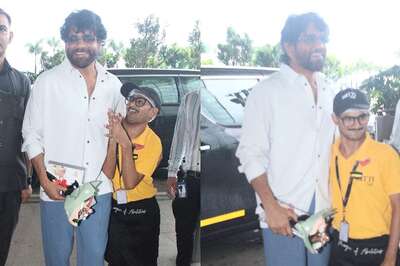
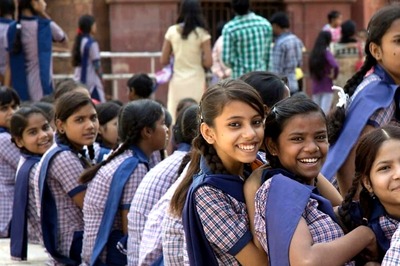

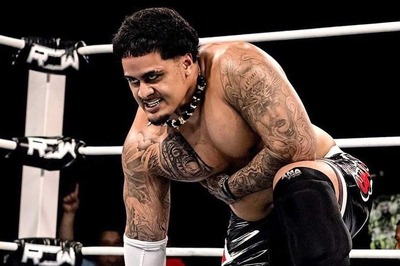
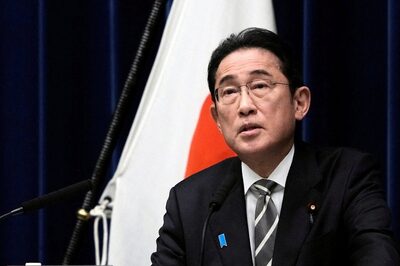

Comments
0 comment